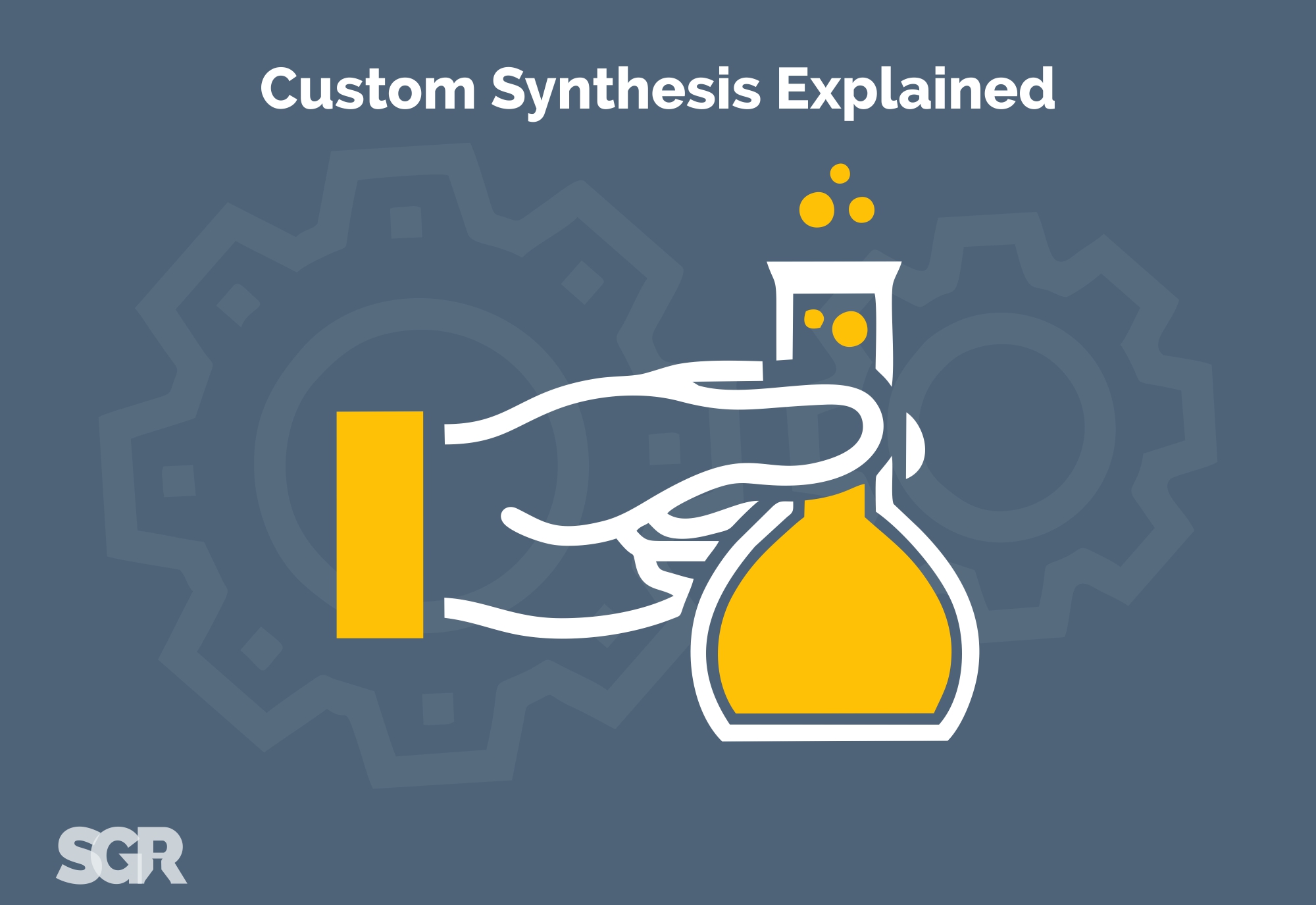
Custom Synthesis: Explained as Pharmaceutical Toll Manufacturing
September 29, 2018
What
is Custom Synthesis?
Custom synthesis is where a company
requires a molecule to be made exclusively for them, at a certain scale. It’s
custom in the sense that it’s dedicated for them, and it’s almost invariably
done under confidentiality agreements.
“Custom
synthesis can be as low as a few milligrams, high as 1000 kilos or more.”
Usually the customer defines the quantity and the quality that they need. They may provide a recipe or a process, or alternatively we may have to design our own synthetic route to make it. Custom synthesis can be as low as a few milligrams, or it could be as high as 10 kilos or more. When you go above that sort of scale, it’s normally called contract manufacturing.
What
are the advantages of a pharmaceutical company contracting an external supplier
for a compound?
There are several advantages, potentially.
We may have some expertise in a particular area of chemistry or some facilities
that the pharma company may not have. With a big pharma company, they obviously
have their own synthesis teams in-house; they might well be better served doing research and
development work rather than just making something that has been made before.
So, it’s a matter of pharma companies prioritising what’s best for their own
chemists.
Custom synthesis houses can be less expensive
than pharma companies. As you can imagine, the rates of pay at pharma companies
are considerably higher than the supplier base. And if they have their own
resources in-house, they may have peaks and troughs; when they have peaks they
might not have the in-house resources to do the chemistry, so they can look at
external suppliers to help them. There are also several virtual pharma
companies and small biotechs who don’t have their own chemistry facilities, and
it’s a necessity for them to get companies like ourselves to make products for
them.
What
are the main challenges of scaling up production from grams to kilos?
Very often, we will get a process or a
recipe from either the company or from the literature. Usually it has been done
at a relatively small scale, and it has very often been done by a medicinal
chemist who has been making the compound for their research efforts. They’re
not worried about the chemistry that’s used, all they’re interested in is
getting the molecule and testing it to see if it has the right biological
effect. They might, for example, use expensive reagents or a root that was
quite convoluted if it gave them the product in the end.
“Very often, something more traditional is the better
approach than the latest trendy reagent.”
So very often it’s not possible to scale up
a medicinal chemist’s process, because it might be unsafe to do so. For
example, a lot of medicinal chemists will do what’s called “all on board”
reactions, where you add all your agents in a pot, and then you heat it up. If
you get an exotherm heat generated in that reaction, it’s such a small scale
they can usually manage it. But you can’t do that on a large scale - if you put
all your molecules together and generate a large amount of heat it can be very
dangerous. So you have to look at the chemistry that’s been done and see if
that can be scaled up.
It’s usually thinking about making things
safe, robust and repeatable. One of the things we tend to do is not use the
latest reagents. Very often, something more traditional is the better approach
than the latest trendy reagent, which has perhaps caught the medicinal
chemist’s eye. So, we’ll tend to try and make things as efficient as possible.
Quite often a medicinal chemist will use things on a stoichiometric basis, so
they’ll use one reagent for one molecule on a one-to-one basis. When you scale
it up, you try where possible to use a catalytic amount of one material, so you
tend to use catalysis more than you do in med chemistry.
What
do pharma companies expect from providers of custom synthesis?
“Speed and reliability are two important
drivers. Flexibility is another, as well as strong technical ability.”
Speed and reliability are two important drivers. Flexibility is another, as well as strong technical ability. The savvy customers will know that when you’re scaling things up, you’re always coming across problems and you need good chemists and good scientists to overcome those problems. You need a strong technical company. We have preferred supplier status with a number of our customers, including four of the world’s top seven pharma companies. They know they can trust us to deliver on something that might be quite difficult. We guess the downside for us is we tend to get the more difficult projects. It’s a double-edged sword, we’re afraid; it would be nice occasionally to get some of the very simple projects where we can just turn the handle and not have any problems. But unfortunately, we’ve made our bed and we’ve got to lie in it.
Shree
Ganesh Remedies Limited
Shree Ganesh Remedies Limited serves custom
synthesis and toll manufacturing services for Pharmaceutical Drug Intermediates
& Fine Chemicals. Our chemical reaction technologies allow us to conduct any custom chemical reactions in our manufacturing facilities.
Our
Products:
· Pharmaceutical Drug Intermediates